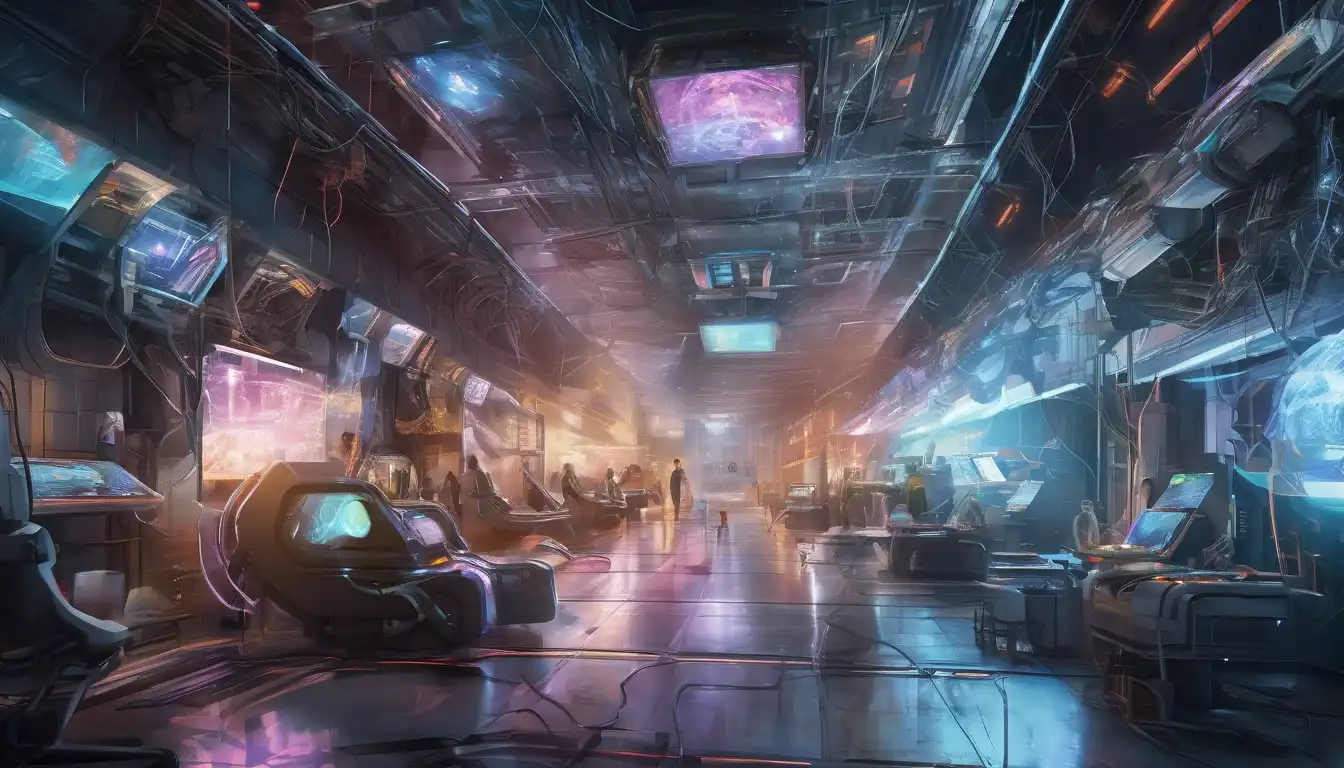Introduction to AI Innovations
Artificial Intelligence (AI) is no longer a futuristic concept but a present reality that's reshaping industries across the globe. From healthcare to finance, AI innovations are setting new benchmarks for efficiency, accuracy, and automation. This article explores the groundbreaking AI technologies that are changing the game.
AI in Healthcare
One of the most impactful areas of AI innovation is healthcare. AI-powered diagnostic tools can now predict diseases with astonishing accuracy, often identifying conditions before symptoms appear. For example, machine learning algorithms analyze medical imaging faster and more accurately than human radiologists in some cases.
Automation in Manufacturing
The manufacturing sector has seen a significant transformation thanks to AI. Robotics and AI-driven automation systems are optimizing production lines, reducing errors, and increasing output. These technologies not only improve efficiency but also enhance worker safety by taking over dangerous tasks.
AI in Financial Services
Financial institutions are leveraging AI to detect fraudulent transactions, automate trading, and provide personalized banking advice. AI's ability to analyze vast amounts of data in real-time is revolutionizing risk management and customer service in the finance sector.
Machine Learning in Retail
Retailers are using machine learning to personalize shopping experiences, manage inventory, and optimize pricing. AI algorithms analyze customer behavior to recommend products, significantly boosting sales and customer satisfaction.
Conclusion
The advancements in AI are not just changing the game; they're rewriting the rules. As these technologies continue to evolve, their potential to transform every aspect of our lives is limitless. Staying informed about AI innovations is crucial for businesses and individuals alike to remain competitive in this rapidly changing landscape.
For more insights into how technology is shaping the future, check out our articles on technology trends and the future of automation.
